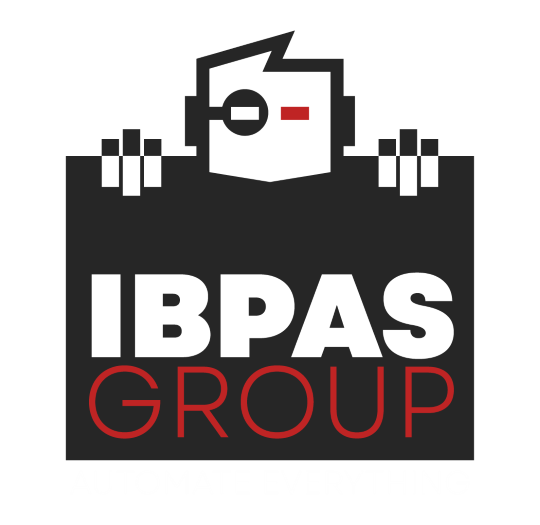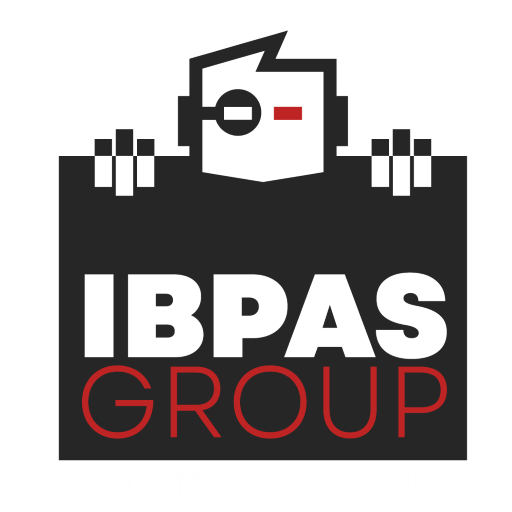Non-Profit Organizations
Introduction:
In the rapidly evolving digital age, non-profit organizations have started to recognize the importance of technology to streamline operations, maximize efficiency, and engage more effectively with their audiences. Specifically, Robotic Process Automation (RPA), Artificial Intelligence (AI), and Intelligent Document Processing (IDP) have emerged as powerful tools that can revolutionize the way non-profits operate. This blog post explores potential use cases for these technologies in non-profit organizations.
Robotic Process Automation (RPA) in Non-profits
RPA technology can take over repetitive, manual tasks, freeing up valuable human resources for more strategic endeavors.
-
Donor Data Management: Non-profit organizations frequently handle extensive donor-related data. RPA can automate the process of inputting and updating this data, ensuring donor databases are accurate and current without demanding significant time or resources.
-
Volunteer On-boarding: RPA can automate many aspects of volunteer on-boarding, from data entry to background checks and training scheduling, making the process more efficient and less prone to error.
-
Fundraising Operations: Automating routine tasks involved in fundraising, such as sending emails, tracking responses, and categorizing donors, can allow non-profits to concentrate more on strategy and engagement.
The Power of Artificial Intelligence (AI) in Non-profits
AI can bring about transformative changes in a non-profit’s operations, including predictive analytics, 24/7 support, and efficient volunteer management.
-
Predictive Analytics for Fundraising: AI can help predict future giving trends based on past donations. These insights can enable non-profits to target their fundraising efforts more effectively, increasing their potential reach and impact.
-
AI-Powered Chat-bots: AI can power chat-bots to provide 24/7 support to donors, volunteers, and those seeking help. This technology can answer common queries, ensuring staff members can focus on more complex tasks.
-
Volunteer Matching: AI can enhance the volunteering experience by matching volunteers with opportunities that suit their skills and interests. This not only increases efficiency but also volunteer satisfaction.
Intelligent Document Processing (IDP) Streamlining Non-Profit Operations
IDP, a technology that uses AI to understand, extract, and process data from unstructured documents, can be a game-changer for non-profits.
-
Grant Application Processing: IDP can extract and analyze information from grant applications, speeding up the application process and boosting the chances of approval.
-
Automated Reporting: Non-profits often need to produce various reports for stakeholders, government bodies, and donors. IDP can automate this process, ensuring reports are timely, accurate, and comprehensive.
-
Document Classification and Archiving: Managing a plethora of documents can be daunting for non-profits. IDP can classify, sort, and archive these documents, making retrieval more efficient when needed.
Conclusion:
Technologies such as RPA, AI, and IDP offer a world of potential for non-profit organizations, enabling them to streamline their processes, make better-informed decisions, and ultimately, make a more significant impact. As these technologies continue to evolve and improve, we can expect to see them playing an increasingly central role in the non-profit sector.

